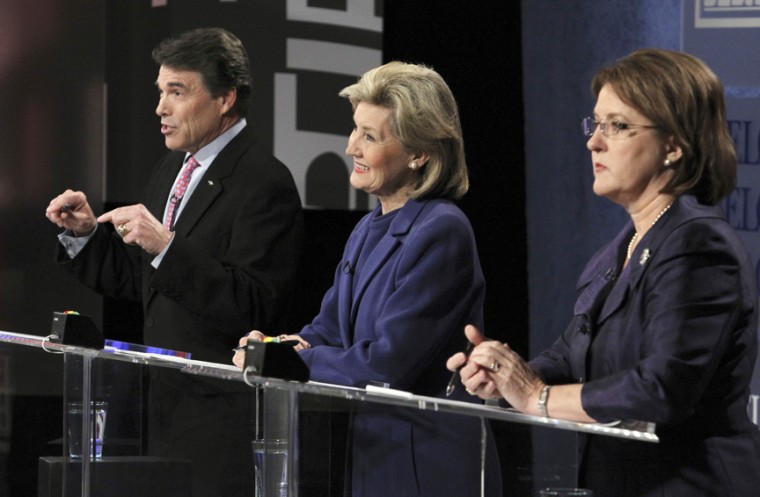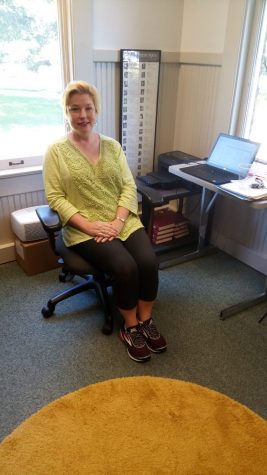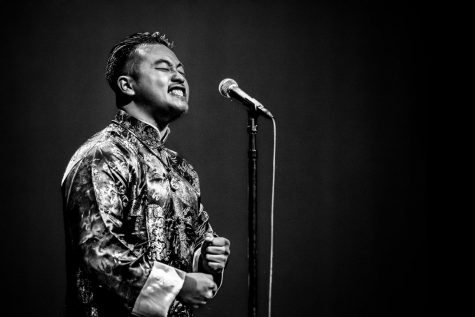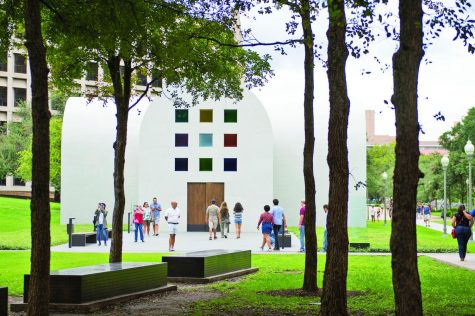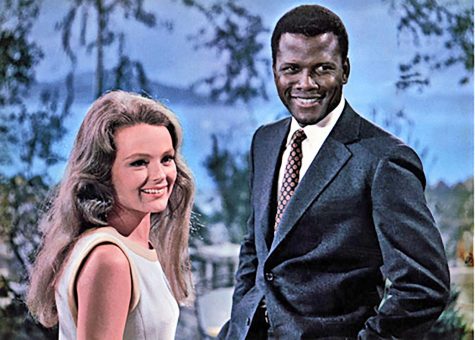Primaries: 2010 candidates
Texas GOP gubernatorial candidates Texas Gov. Rick Perry, U.S. Sen. Kay Bailey Hutchinson and Debra Medina are seen during a debate at the WFAA Channel 8 studios in downtown Dallas on Friday, Jan. 29, 2010.
The Texas primary elections begin March 2, and early voting started Feb. 16. The most important office in the elections is that of governor. The primaries will determine the gubernatorial candidate for both the Democrats and the Republicans. Here’s a list of the candidates for Governor of Texas:
Gov. Rick Perry (R)
The incumbent Perry is the most promising Republican candidate, as he has been Texas’ governor since 2000. Perry’s term as governor has been the longest in Texas history, and since Texas has no limit on term length, he is running again in the 2010 election.
For a long time, Perry has prided himself on fiscal conservatism. When Washington was working on the economic stimulus bill, Perry wanted to reject Texas’ share of the funds, saying it would create unnecessary state programs—programs that Texas taxpayers would end up financing. Perry has previously emphasized job growth and state budgeting in his campaign; however, the abnormally high unemployment rate and projected budget shortfall of $10 billion could hurt him in the election.
On the social side, he is opposed to abortion, supports the death penalty and dislikes the regulation of greenhouse gas emissions. He is also a strong believer in the sovereignty of states, as demonstrated by his infamous allusion to Texas secession at a 2009 Tea Party protest.
Perry’s success in the election will depend on his ability to unify the conservative Republican base, which has been historically healthy in Texas.
Sen. Kay Bailey Hutchison
Hutchison poses the greatest challenge to Perry’s chances at a third term. She has served as a senator for Texas since 1993 and was the state’s first female senator. One of her greatest priorities has been securing Federal funds for state projects, known as “earmarking.” She secured around $500 million from 2008 to 2009 alone.
Since Hutchison has been a senator for such a long period, she stands to take some backlash from the current negative feelings that have become prominent in Texas. She failed to cast off these criticisms, retaining her seat in the Senate despite many expecting her resignation.
Hutchison embodies the role of a moderate Republican more than Perry does. She says she supports abortion, while supporting firm restrictions on the practice. Her voting record shows an opposition to same-sex marriage and including sexual orientation in the definition of hate crimes. On a humorous note, she once proposed limiting Texas governors to two terms, which would have made Perry ineligible to run in 2010.
As a respected senator, Hutchison remains Perry’s strongest competitor. However, speculations about her status as a Washington insider and lack of conservatism may be her downfall.
Bill White (D)
Bill White, the mayor of Houston until 2010, is the most viable Democratic candidate. Beloved by his city, White served the maximum two terms as mayor, gaining over 75 percent of the popular votes in both elections. White has been focusing on the economy, especially the role education plays in it.
According to his campaign website, “investments we make in our students now will determine the economic future of our state.” He promises to focus on improving achievement in public schools and making higher education more affordable. As the main Democratic candidate, White’s greatest problem will be running against the Republican candidates—Texas has a considerable Republican majority—in the actual election.
One of White’s highest priorities is energy reform, for which he has developed a reputation of expertise. He also wants to increase medical coverage for Texans by increasing enrollment in programs like Medicaid and the Children’s Health Insurance Program.
White is a strong Democratic candidate, but he faces Texas’s well-known Republican leaning. His stances on the issues are sure to make for an interesting general election. LONGSHOTS
Debra Medina (R): Medina has been an outspoken Tea Party participant. She is an unlikely candidate and her stock has been falling since her appearance on the Glenn Beck Show.
Star Locke (R): Locke looks like a nice guy, but his Web site makes him look silly. Consider him the court jester of this year’s election.
Farouk Shami (D): Shami is a businessman who owns a hair-care company. The problem is that he doesn’t have a serious following and has self-financed his entire campaign.
Alma Aguado (D): Aguado is a physician and business owner. She is mainly appealing to Hispanic-American voters.
Felix Alvarado (D): Alvarado is a schoolteacher and has served in the military, most notably for 21 years in the Air Force.
Bill Dear (D): Dear has made a career as a notable homicide investigator. He is running as a conservative Democrat.
Clement E. Glenn (D): Glenn is a tenured associate professor at Prairie View A&M University. He claims he is “a statesman, not a politician.”INDEPENDENTS
David Kirkland (Constitutional Party): Kirkland focuses on individual civil liberties and state sovereignty.
Jeff Daiell (Libertarian Party): Daiell emphasizes the failures of the two-party system and the advantages he says can be gained by a new way of doing politics.
Steve Nichols (Libertarian Party): Nichols is a real estate appraiser. He wants to eliminate toll roads and the TAKS test while creating jobs at every level.

